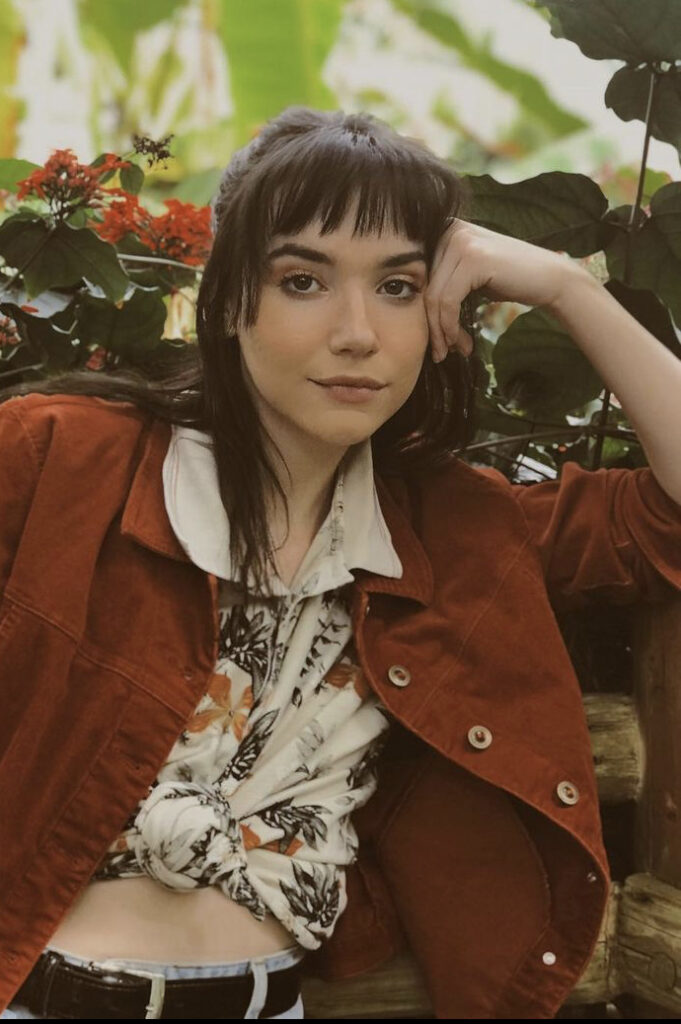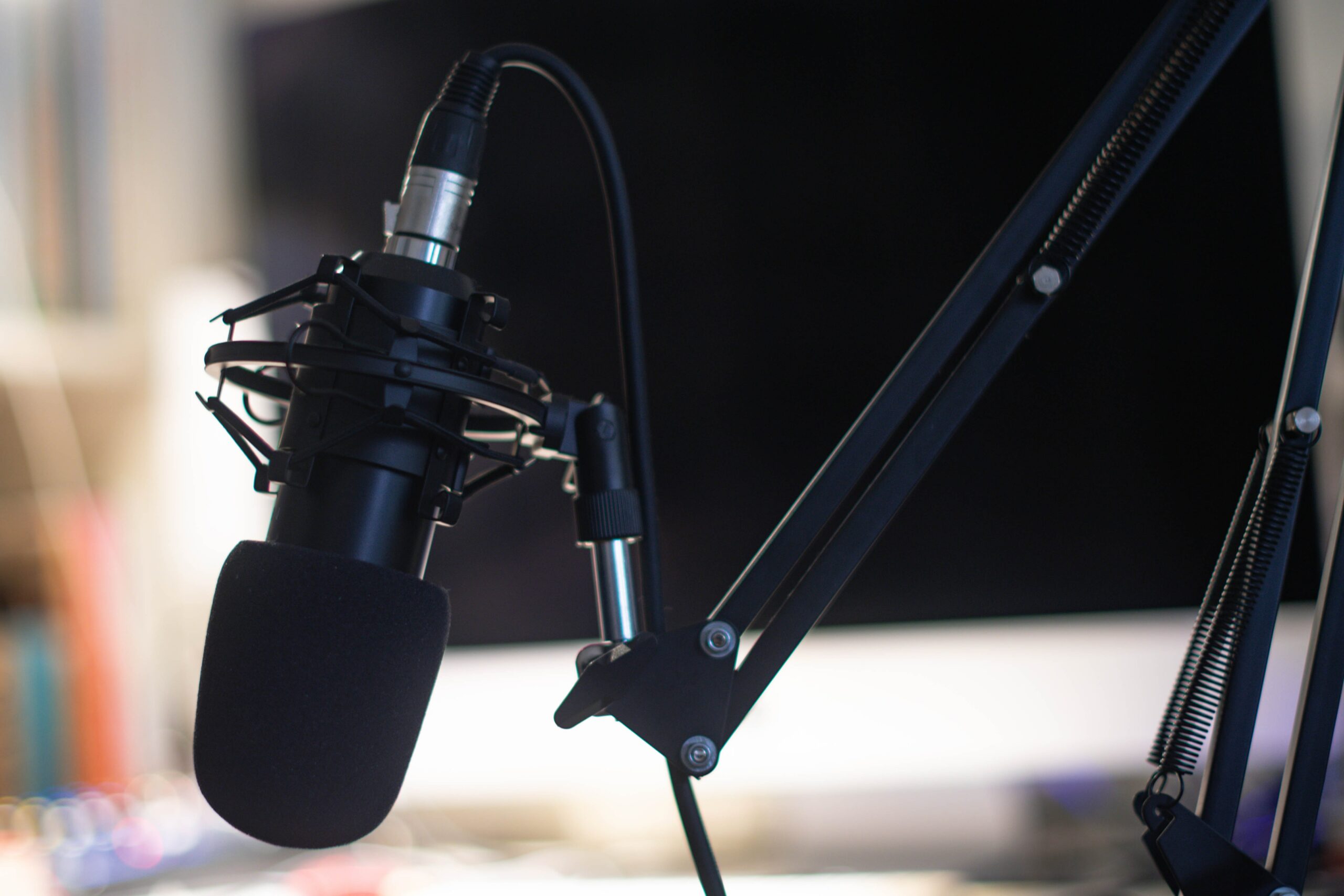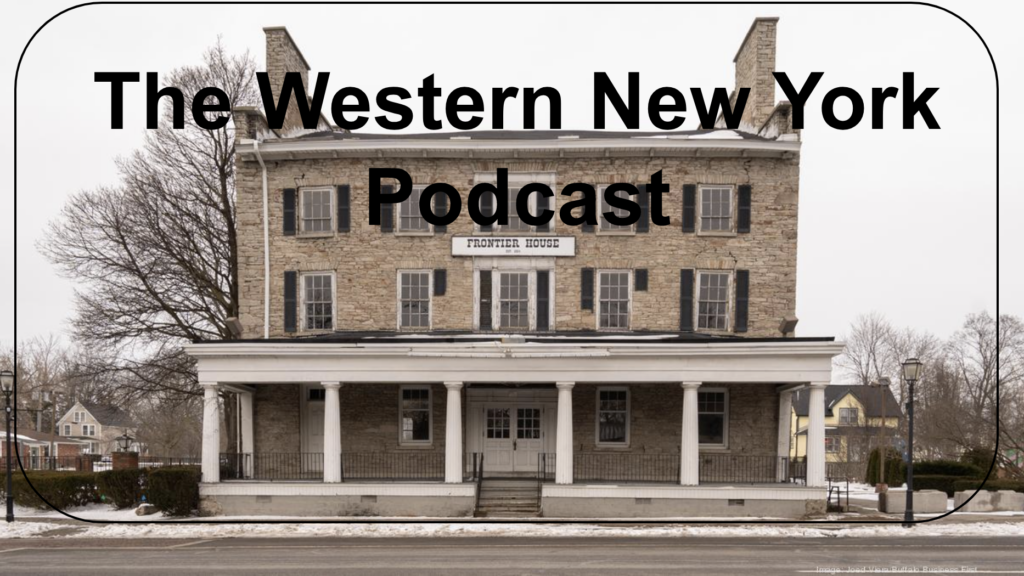Blog post and podcast by Mackenzie Kuhn

Hello, all! My name is Mackenzie Elise Kuhn (she/her), and this is my first podcast, Musical Aid! When I found out that HST 495 was going to culminate in two podcasts episodes, I was very enthusiastic about the project. I read the syllabus a few days before class officially started, and I already had ideas churning. I love podcasts that are essentially biographies but which connect to a more prominent theme. My absolute favorite is Behind The Bastards with Robert Evans, so I wanted to create a similar flow with my podcast. Musical Aid is meant to function as a collection of biographies about various musicians that doubled as influential activists through their music and actions.
For my first two episodes, however, I was conflicted. I already knew that I wanted to do one on Phil Ochs, a 1970s folk singer often overlooked as he resides along with the ranks of Dave Van Ronk and Bob Dylan, but I was torn on where to take my second episode at first. The life of Phil Ochs is so rich with stories and his music so topical yet timeless that it was challenging to relegate it to only one episode. At first, I thought an hour to cover his life would be enough, but my biography quickly evolved into two parts. I honestly could have made it into three parts, but that wasn’t the assignment and two hours worth of content is already a ridiculously long podcast. Looking back, there is a lot that I would change—it seems that every time I finish a research project, I find new information that would have been useful! However, I am ultimately very proud of the product that I created, and I like to think I could continue this one day when I have a bit more time on my hands. Thanks for checking out my little podcast! If you enjoy Musical Aid or Phil Ochs, I would highly recommend checking out God Help the Troubadour by Tori Nelson, as they were the reason I found out about Ochs in the first place.
I’ve been both an academic historian and a history podcaster for about six years. I love doing it and I am constantly confronting the inconsistent (and sometimes conflicting) skill sets required for my parallel roles. I chose the topic of history podcasting for my HST 485 History in the Wild course and designed the course to be as collaborative and applicable as possible to their real-world needs. ASU’s humanities students deserve to take courses that harness their passions and natural curiosities so that building a wide variety of skills (our end goal) doesn’t feel like work. The podcasts that resulted from this course exceeded my expectations. –Dr. Marissa Rhodes, professor of HST 485: History in the Wild
Logo: Crisp white background with a red music note in the middle, mimicking the red cross logo. In bold letters above and below is the podcast title “MUSICAL AID.”
Tagline/Intro line: Hello, my name is Mackenzie & you’re listening to Musical Aid, the podcast all about topical music!
Title: Musical Aid
Episode 1: Phil Ochs Part 1: Boy in Ohio
The first part will discuss the majority of Phil Ochs’ life, beginning in 1940 and end with the release of Rehearsal for Retirement and the Chicago eight/seven trial. This part will focus on his foundations in military school and at Ohio State University, which not only influenced his political activism but crafted his identity as a journalist alongside a musician. Following his education, I will discuss the various friendships Ochs created in the scene, specifically Bob Dylan, and the numerous benefit shows and other essential concerts during this period. This episode’s culminating event is his involvement with the Yippies, Abbie Hoffman, and the Chicago Eight’s resulting trial.
Episode 2: Phil Ochs Part II: He Was a Friend of Mine
This episode focuses on the conclusion of Phil Ochs’ life, including his struggles with vocal cord injury, alcoholism, bipolar, and his alter ego John Train. Additionally, the years between 1969 and his death features Phil’s introduction to Chilean folk-singer, Victor Jara, in the wake of Allende’s revolution, before suffering his friend’s loss to the Pinochet regime. The concluding episode will also look at the various conspiracies sprouting from Phil’s death, almost ironically revering him in the same manner Phil critiqued in regards to JFK. This also leads to a broader discussion of allowing conspiracy theories to exist in leftist spaces, what is okay, and how this functions in internet leftist spaces to close the episode, connecting back to Phil’s song “Crucifixion” from episode 1.
Topic: The crossover between music and activism; I want to give detailed bibliographies behind musicians with a profound cultural impact and activist nature. Other subjects include Pete Seeger, Woody Guthrie, Joan Baez, Odetta, Joe Hill, Barbara Dane, Victor Jara, or even modern artists like Janelle Monae.
Format: 45min episodes, casual biographical. Solo host but including audio from concerts and interviews relevant to the subject.
POV: Storytelling with a social-justice-oriented element. Casual with comedic elements. Folk protest music is often amusing on top of delivering a message, so I want to reflect that dichotomy through the podcast’s delivery. I want the information to be accessible and entertaining to all education levels, all the same as Woody Guthrie’s music was.
Frequency: One subject/theme per month with two episodes released bi-weekly. Many of the potential subjects in this genre could require two episodes like Ochs, which would entice the audience to listen to the next episode.
About: I’m a history major with a personal interest in labor rights, folk music, and U.S. history during the Cold War period, so I feel like I have a lot of pre-existing knowledge that aids in researching this podcast. I disperse little anecdotes about me within my podcast, so the audience gets to know me better.
Intended audience: 18+, slightly disillusioned, politically aware, working-class, with a particular interest in music history.
This long-form podcast can be interesting for students or other people who are looking for background noise while they do menial tasks or long chores. The bi-weekly frequency doesn’t produce too much content to keep up with, so it can easily be added to their rotation of other podcasts.
One way I would reach my target demographic is through online music groups with an interest in folk/protest music. I could also promote on TikTok by sharing small snippets of my podcast episode; the algorithm on that platform is easy to manipulate if you know how to target the correct audience.
I would develop a sense of community by creating a podcast page on Twitter or another platform where I can interact with my audience, and they can interact with each other. My podcast poses a lot of open-ended questions which will prompt discussion.
In marketing, I would make it clear that my podcast is casual and left-leaning. I want to be upfront about my personal bias so people know what to expect when they listen. I would also highlight that it is a biography, not an analysis, so my opinions may not go too in-depth.
Why is it needed? I think the lives of Phil Ochs, Víctor Jara, and more can teach lessons that are significant when combating the “doomer” mentality. While their lives do not have “happy” endings, with their legacies of mutual aid, worker’s rights, and community organizing, these artists’ and activists’ influence deserves to be discussed.
I know one podcast currently about my first subject called God Help The Troubadour. There are a lot of other music history podcasts, but most are more general or focused on a specific genre rather than an idea.
Cocaine & Rhinestones has a similar format to mine and a 5-star rating on Apple Music, so I think I’m doing something right. The listeners like the in-depth stories and the music used.
I go in-depth to notable entertaining stories in my podcast and showcase the music instead of just talking about it, so I think these listeners would like mine too.
I think the hole in my sub-genre is a connection between these older stories and the events of today. While I don’t include a lot of analysis, I definitely draw connections between history and today more than other podcasts might.
Auxiliary: I would create a Patreon alongside my podcast as a way to host additional content. While listeners would have the option to support the podcast financially, I would still make all my show notes, including bibliographies and playlists with the podcast’s music, available for free. I think this will be accessible for most because I wouldn’t have to pay to host a website, and my content would still be free, with the optional choice to donate. I would also create a Twitter and Instagram for my podcast that shares or links to any auxiliary material like playlists of interviews.
I will always include a direct transcript of my episode available for download in order to increase accessibility.
Peer Feedback: Most of my feedback was encouraging me to limit the amount of outside audio used for my episode. I think I found a happy medium between showcasing the music and my own voice.
Instructor Feedback: I was on track for the most part, but I needed to make sure that I included enough description without going overboard. I think I managed this within the editing process as I got to cut out any excess information as I listened.



